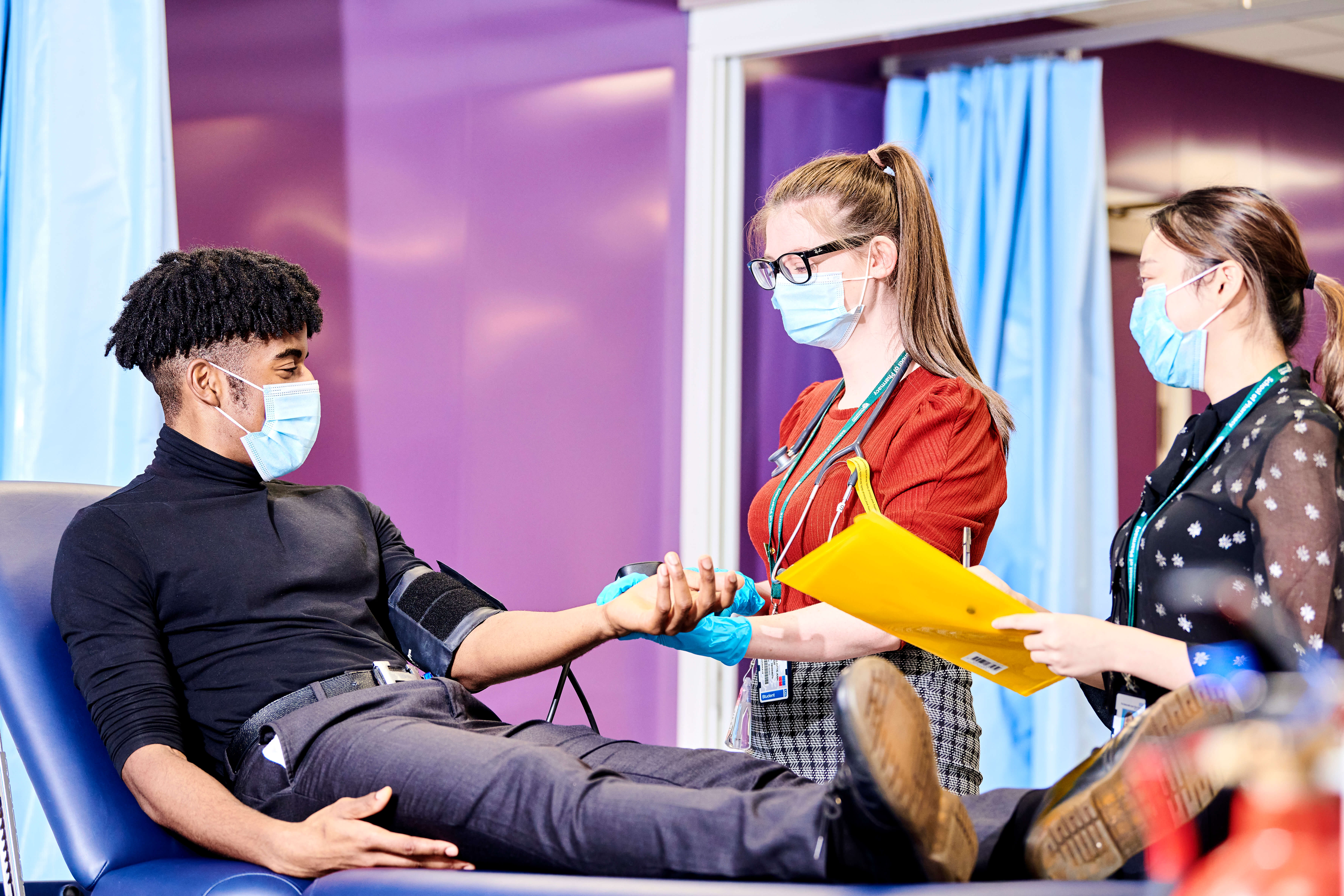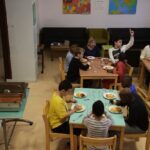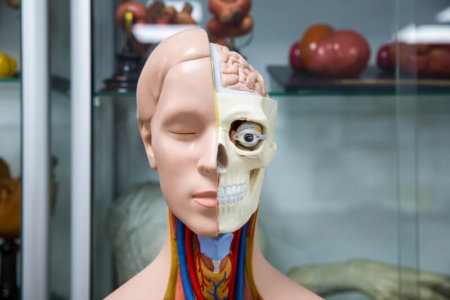Ask Canadian student Carol Koubaesh and she’s quick to say studying medicine at Newcastle University is one of the most enjoyable things she has done. During her second year, she learned a lot about neurology, something she’s never known about before. Seeing and understanding how the nervous system intertwined with everything else she learned fascinated her. At times, she marvels at the depth and breadth of information she’s gained over her last few years at the Newcastle University Faculty of Medical Sciences.
She credits this to her programme’s emphasis on real-world impact. “It feels like the information is immediately applicable to real or pretend patients,” she says. “It is all very relevant, meaning I will end up retaining it more especially because it will help my future patients.”
This powerful and measurable impact defines the research and education that take place at the Faculty of Medical Sciences. Apart from medicine, it offers programmes in Biomedical and Biomolecular Sciences, Nutrition and Dietetics, Pharmacy, Psychology and Sport and Exercise Science.
Here, scientists and clinicians work together across disciplines and specialties to make an impact on patients’ lives and the wider society.
The faculty has teams in three interactive research institutes — Biosciences Institute, Translational and Clinical Research Institute, Population Health Sciences Institute – with over 20 cross-cutting research themes. They provide research environments supporting collaborative research across the university and wider society.
All of this feeds directly into the teaching of our degree programmes. For Carol, having the right content and structure for her medical degree made her learning more productive and fulfilling. “The medicine course at Newcastle University is a case-based learning curriculum, which means every week or two, we will cover a new system in the body using a variety of learning tools,” she explains. “I especially liked this because I found over the year that I retained information so much better by going over it in different ways like seminars and prosection participation. The organisation of the course also means that we will always cover anatomy and physiology before learning about disease so we can easily put the pieces of information together.”
Beyond its impact on the curriculum, Carol finds these collaborative research efforts make for a great learning environment. “I always feel motivated to work, but not to the degree of competition. It feels very good to be able to study with others without the stress of worrying who will do better later on,” she says. “Additionally, the staff are great teachers who encourage us to learn and practice our skills. They always stay back for questions and go deeper into whatever you want to ask about.”

Source: Newcastle University
The setting for this dynamic education? Newcastle upon Tyne, the number one place to visit in the world as ranked by Rough Guides in 2018, and Dietetics student Cherine Chan’s home away from home.
When she first joined, she felt homesick. She missed her friends and family in Hong Kong. Soon, however, she became friends with one of the girls in her course. “We spent a lot of time together exploring the city, such as the quayside, Jesmond, Whitley Bay and Tynemouth. And as we both love to eat, we also had a great time searching for nice restaurants and good food around the city,” she says. “Since then I started to get less homesick and could really start to enjoy life studying abroad.”
It’s easy to understand why Cherine says so. There is no shortage of things to do in Newcastle.
In this big city in a small space, it is easy to get around. The Metro rail network runs across the city, from the airport, to the North Sea coast. Just 20 minutes from campus is an international airport, connecting the city to London, Edinburgh and the rest of the world.
Newcastle has a lot to offer too. Locals are friendly and hospitable. There is a sizable student population. Living costs are affordable. Several professional sports teams call the city home, such as: Newcastle United, Newcastle Falcons and the Newcastle Eagles. The arts and culture scene is thriving, filled with world-class music venues, award-winning museums, a diverse mix of galleries and several stunning theatres.
With all of these, Cherine is glad she decided to live near the city centre. “Eldon Square, Grey Street with a wide choice of restaurants and pubs, as well as the quayside would be somewhere you would often visit when living in Newcastle. By living closer to the city, you would be able to access the place within a 15 minutes walk,” she shares.
To learn more about life in Newcastle, click here. To find out more about the Faculty of Medical Sciences’s long-standing reputation for being one of the best places to study medicine, dentistry and health sciences, click here.












